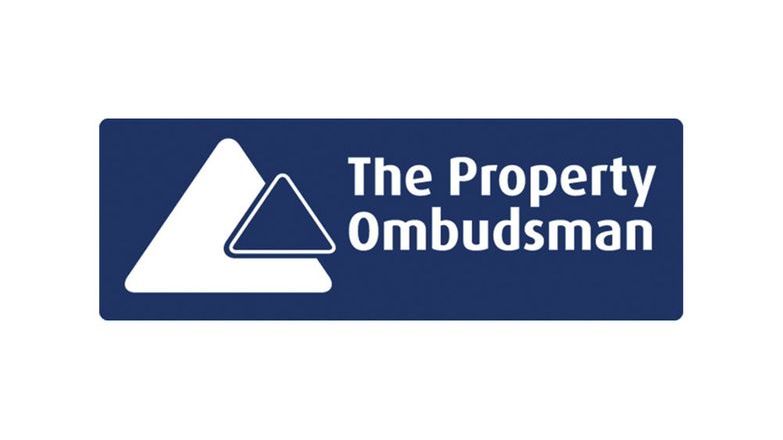
On 1 June 2019, The Property Ombudsman (TPO) scheme updated their Codes of Practice. The revisions were substantial and incorporate the Tenant Fees Act, Client Money Protection and GDPR requirements.
Common changes across all the Codes of Practice include the requirement for members to display the TPO logo prominently on their emails, any other digital communications and marketing material. This is in addition to the existing requirements to display the logo in the window of offices and on agents’ websites.
Based on NTSEAT’s guidance, which considers the Consumer Protection from Unfair Trading Regulations 2008, a requirement to disclose referral fees is now an obligation within the Codes to make previously hidden costs open and transparent to consumers.
Under market appraisals, advice obligations have been strengthened to require agents to explain both the benefits and disadvantages of their recommended method of transaction at market appraisal stage, for example, modern auctions or guaranteed rent schemes.
Key revisions to the Sales Code include:
- Leasehold, commonhold and managed freehold disclosure: Agents’ obligations to request and divulge information relating to leasehold have been widened. If material information on the tenure is not known, this should be made clear to the consumer at the outset of marketing.
- Dual fees: In relation to the potential risk to sellers of being charged two commission fees when they sell their property, transparency obligations have been updated and expanded together with a definition of effective introduction in the glossary.
Key revisions to the Lettings Code include:
- England only: TPO Code of Practice for Residential Letting Agents is now an England only Code. The current 2016 Lettings Code will continue to apply to Wales and Northern Ireland.
- Tenant fees: The Code reflects changes imposed on agents by the Tenant Fee Act 2019, with new sections on holding deposits and the fees which are permissible under the Act.
- Tenancy deposit replacement products: A further update takes into account the emergence of tenancy deposit replacement products, putting the onus on agents to clearly explain the potential advantages and disadvantages of that product prior to tenants and landlords committing themselves.
- Client Money Protection: The Code also reflects the requirement to belong to a CMP scheme and to display the CMP certificate in agents’ offices and on websites.
All other Codes including, Scottish Sales, Buying Companies, Buying Agents, Commercial and Business, have been updated in line with legislation and best practice obligations.





